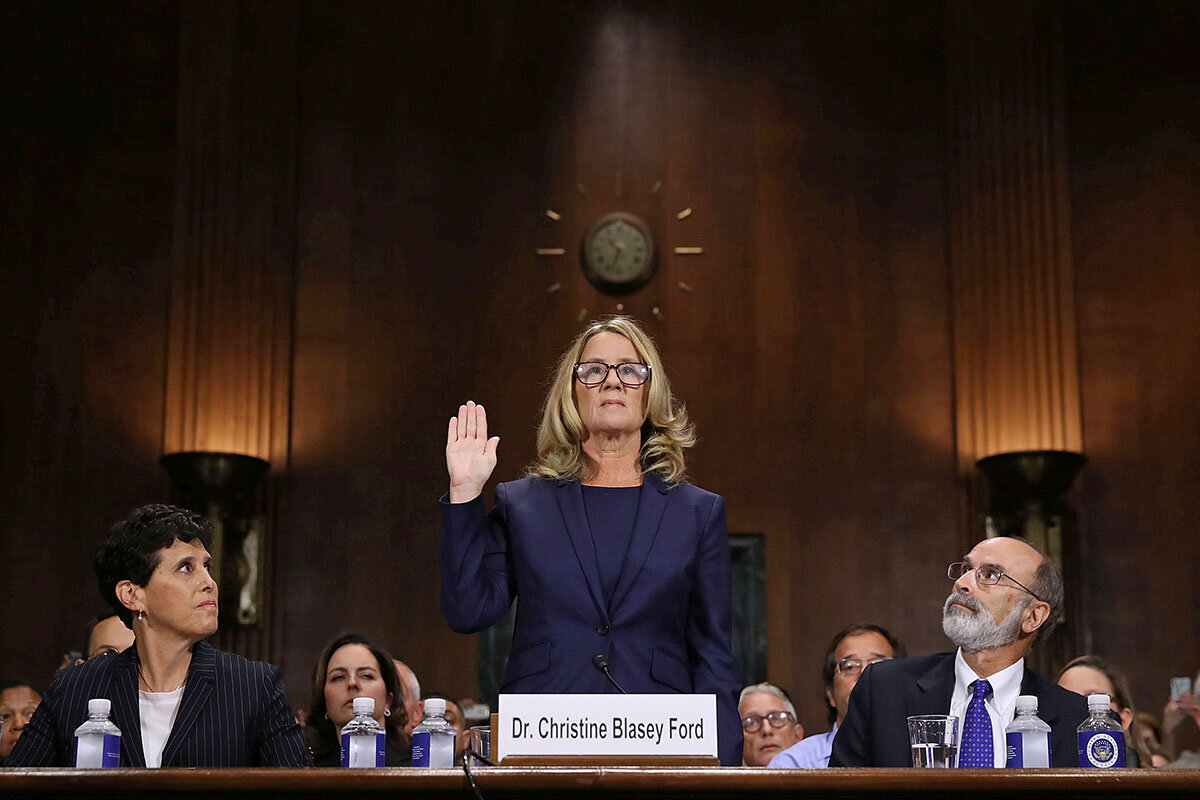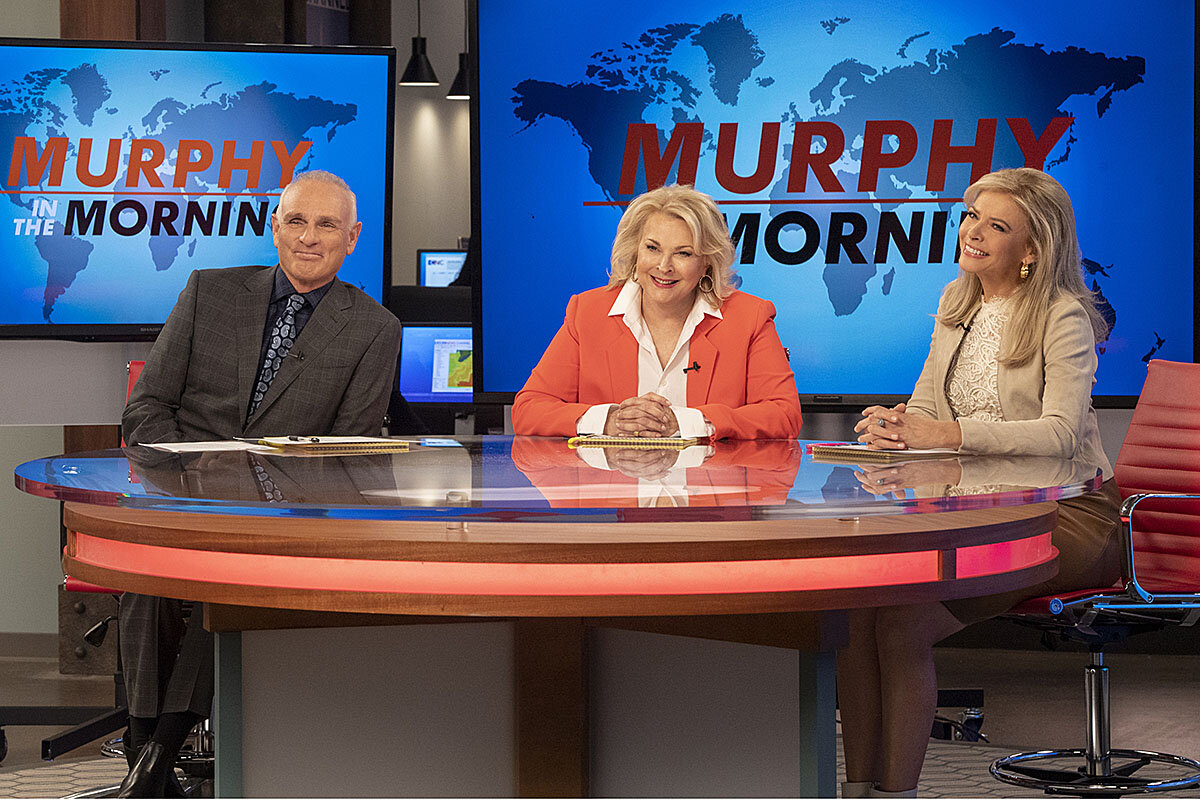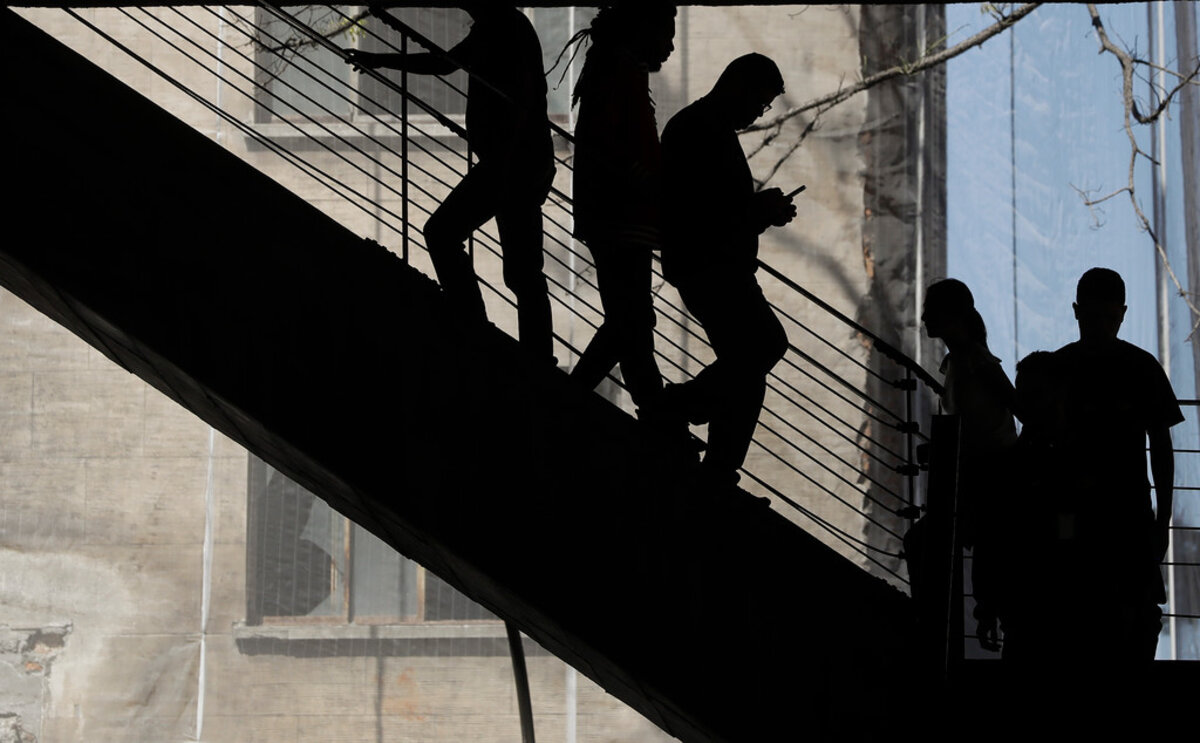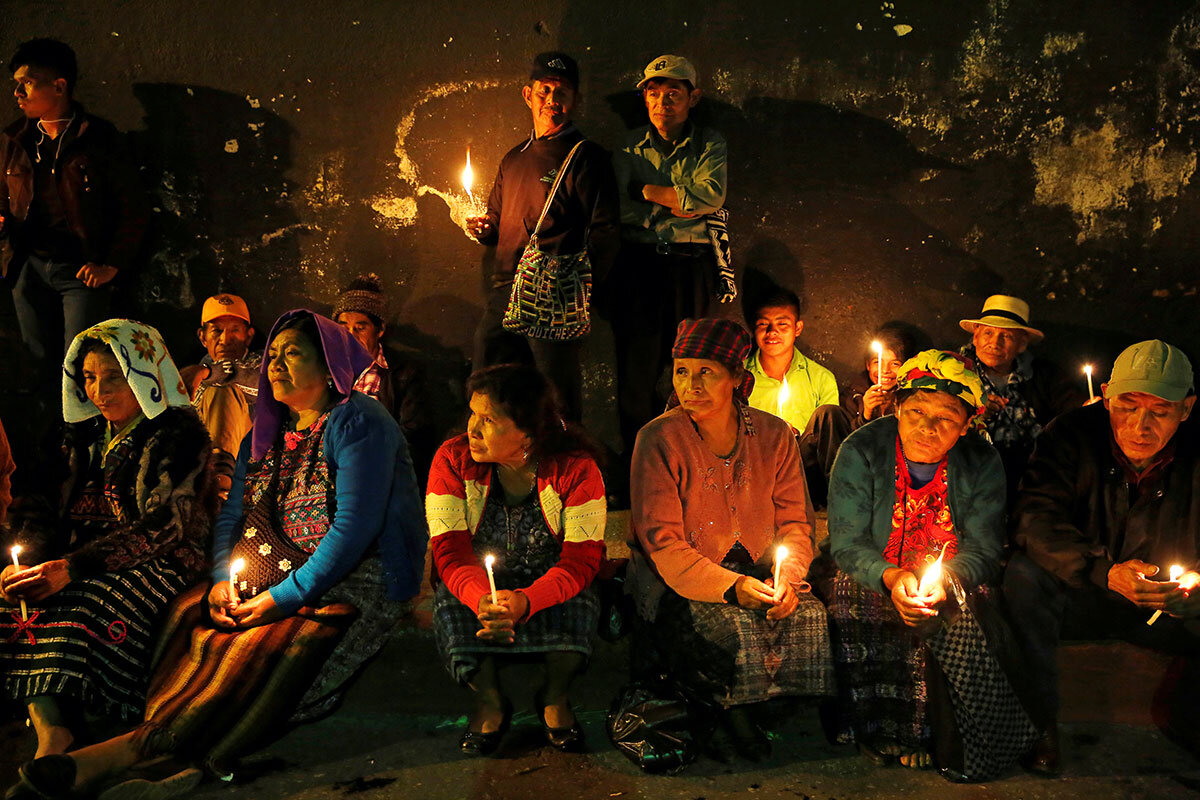It was, as one person said, “a national moment.” Viewers across the country watched from their living rooms and on their phones, from college campuses and the floor of the New York Stock Exchange. For many Americans, particularly women, it seemed to represent a kind of watershed moment, a breaking of the dam. One woman called in to C-SPAN to detail her own rape. In Washington, Christine Blasey Ford delivered a deeply personal testimony in raw and vulnerable tones. A defiant Judge Brett Kavanaugh “categorically and unequivocally” denied her accusation, while saying he bore her personally no ill will. That did not hold true for members of the Senate Judiciary Committee. “You have replaced advise and consent with search and destroy,” he said, adding that the tenor of the hearings could have consequences long beyond his own nomination. “When the whole nation is watching and so many larger issues are being touched upon – abuse, sexual abuse, and women’s abilities to tell their stories ... I just think this is a very powerful moment for the whole country," says Kelly Brother, a graphic artist in Memphis, Tenn., who says he is registered as a Republican but identifies as an independent. “It’s unfortunate that all of this has gotten to the point where it’s going to have devastating personal consequences for Ford and Kavanaugh.”
Monitor Daily Podcast
- Follow us:
- Apple Podcasts
- Spotify
- RSS Feed
- Download
 Noelle Swan
Noelle Swan
Today, all eyes in the United States are on Capitol Hill and the increasingly contentious Senate confirmation hearings of Supreme Court nominee Brett Kavanaugh. The stream of accusations suggesting a pattern of sexual misconduct in Mr. Kavanaugh’s youth has exposed a deep rift in American perceptions of responsibility, gender roles, and morality.
We’ll have more on that divide in a bit. But first, at times like these, when it seems the nation is being torn in two, it can be fruitful to take note of what binds us together.
For all of our differences, there are, in fact, many areas where Americans can agree. Matt Carmichael, director of editorial strategy for Ipsos North America and editor of the pollster publication GenPop, recently compiled a list of 118 areas where Americans share common ground.
Some may seem trivial: Most Americans like Tom Hanks, for instance. They value hygiene and trust the Weather Channel.
Others may be surprising given how partisan rhetoric has become: Three-quarters of Americans think Congress should enact stricter gun control laws and most say Congress should do more to reduce humanity’s influence on climate change.
And while many of today’s debates can be traced to clashing values, there are many ideals that Americans collectively hold dear, including responsibility, taking care of others, self-reliance, and being an active member of one’s community.
As Ipsos political pollster Chris Jackson told Mr. Carmichael: “The struggle towards these shared ideals is what makes us American, not all the times we fall short.”
Now on to our five stories for today, selected to highlight an effort to heal divides through infrastructure and the opening of a pop cultural window into the evolution of politics and the press in recent decades.










